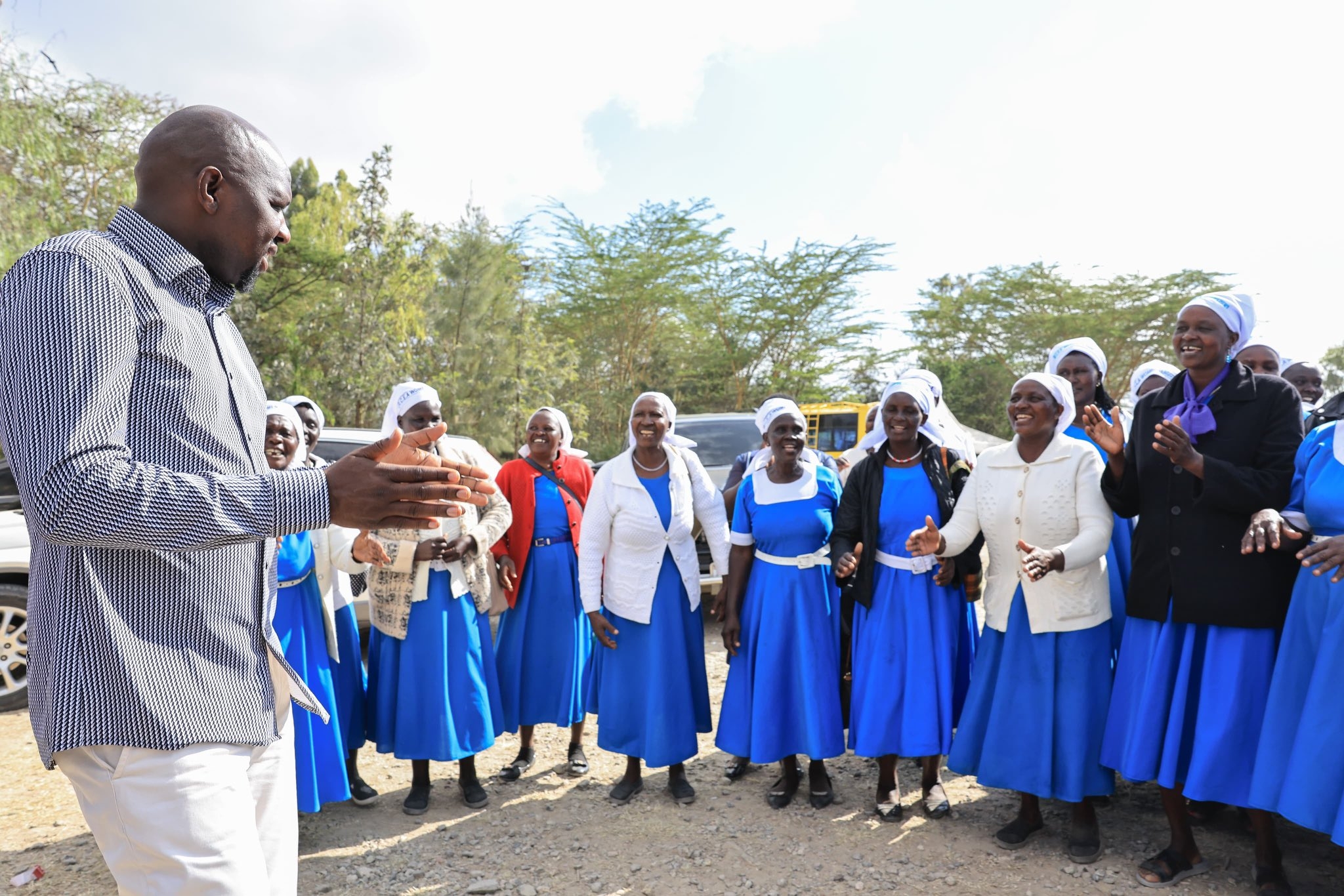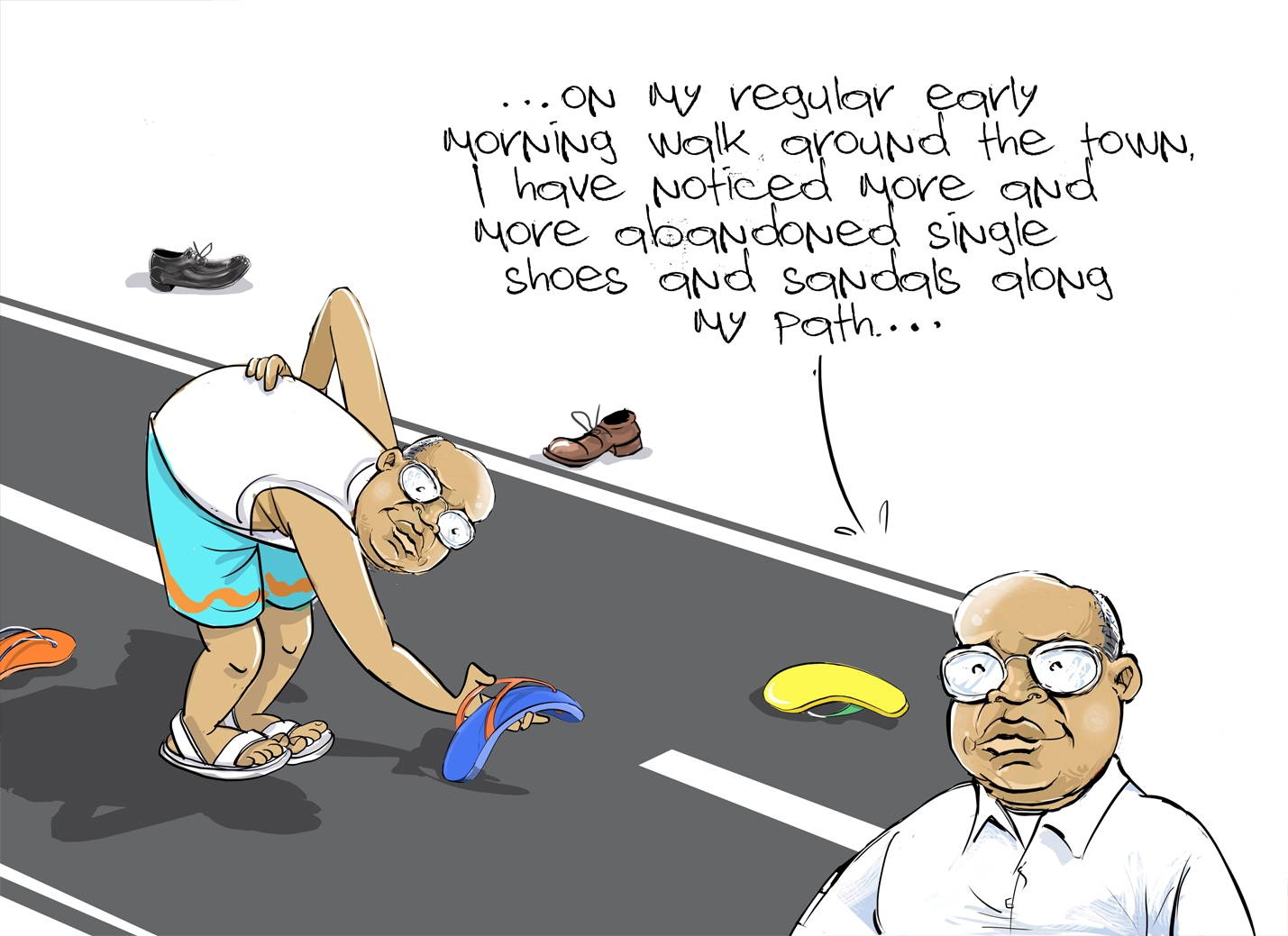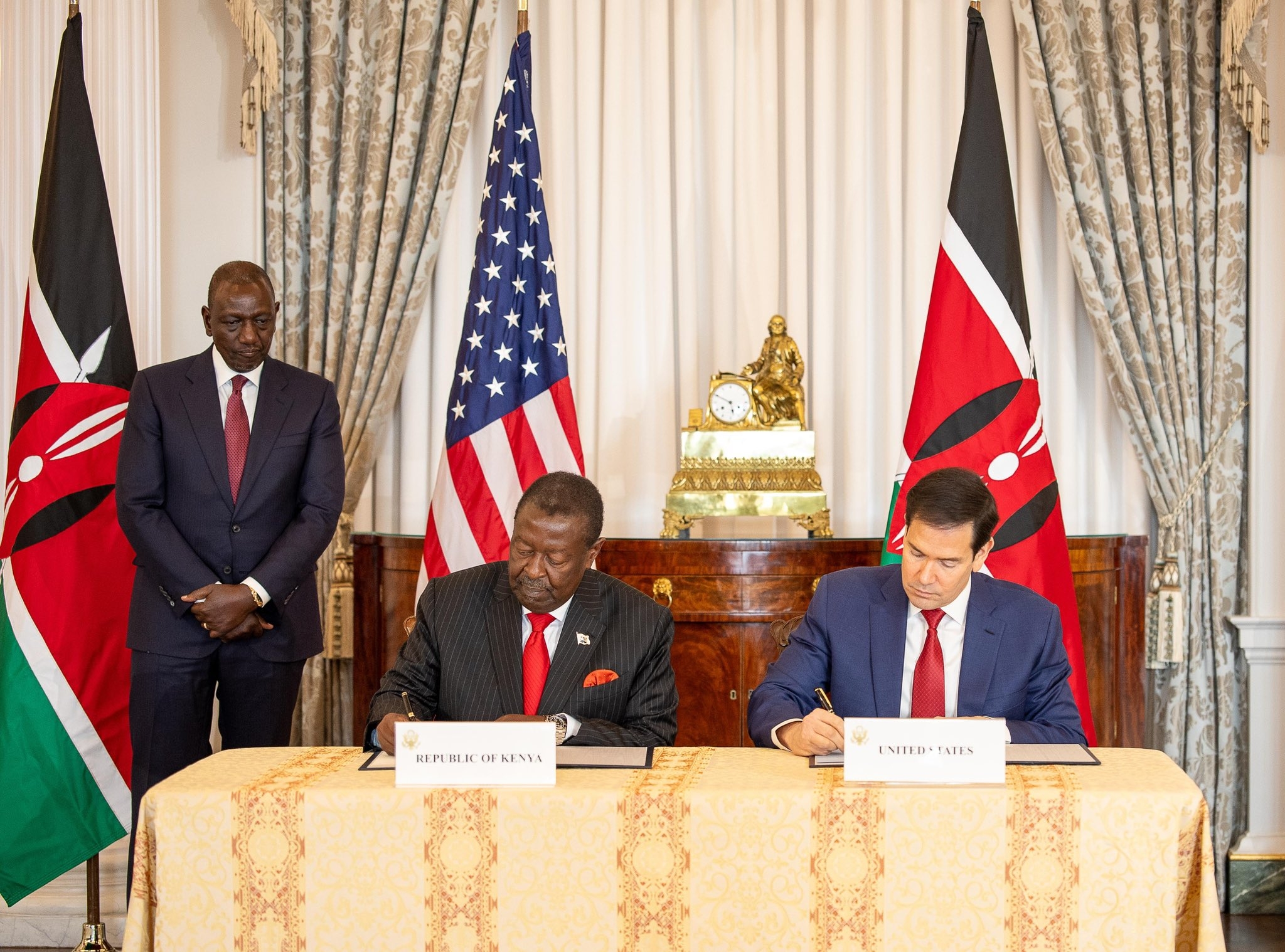The University of Nairobi has been in the spotlight for the radical reforms taking place in the institution. This includes increased tuition and hostel fees and reduced courses.
Vice chancellor Stephen Kiama, who has been in office since January 5, 2020, says the new funding structure by the government shortchanged universities and left it up to them to determine fees.
In an interview with the Star, he welcomed a ruling by the court urging a rethink.
Recently, the courts barred universities from increasing fees. So what next for UoN?
I support the judge fully; he listened to all the parties and concluded that the government-published Differentiated Unit Cost was unconstitutional because it did not include all participants.
UoN has a problem with the DUC; that’s why we agree with the ruling. We used to receive a capitation of Sh6.2bn per year, but since DUC was introduced, our capitation was reduced to Sh4.5bn. We lost Sh1.7bn, so the method that was used before this DUC was better.
If we were given a chance to express ourselves, we would not have supported it. DUC, as it is, gives us less money than we need to run the university, and even the judge agreed it’s not a good thing. How can you support something that reduced your budget by Sh1.7bn? That method did not take into consideration the actual cost of running programmes in a university.
All the universities are crying about it, not just UoN. If there was proper consultation, we should ensure this method takes care of students well, especially those placed here by the government. This method was not developed properly, so we were told to use our own criteria. That's why when you register for engineering, we charge you differently from another in B Comm because the cost of running those two courses is very different.
All the universities are crying about the new funding method, not just UoN. We should ensure it takes care of students well, especially those placed here by the government
UoN is among 12 public universities that were declared insolvent. What does government need to do?
Universities lost money through DUC. UoN sank deeply into deficits. You have staff, students and then your budget is decreased by Sh1.7bn; that is a lot of money. Even salaries have been increasing but the financing of the university has not been increasing.
The previous method was developed well. It included you going through the programme, and there was the issue of capitation for better facilities, so the government had put that aside. But now they left this one and embraced DUC, where you end up getting less than what we require to run the programme. If all stakeholders are involved, it’s going to be better.
What are your plans as an institution to generate income that will help reduce the huge debts?
UoN has a huge resource base. We have properties everywhere. The challenge is money to invest. We are discussing with Treasury on public-private partnerships to get partners that will help us turn those properties into money-making resources. Our members of staff are also engaged in research and when you attract research grants, the university also gets administrative fees. We are also working on a foundation that we will be launching soon and we will use it as a vehicle for fundraising.
Uasu backed the fees increment but said implementation should have been gradual. Is that right?
That’s correct. You know members of staff salaries, what somebody was getting five years ago is not what they are getting now. At least in public service, there’s that four per cent for compensating and all that, and the problem here is people got frozen. You continue charging like in accommodation, Sh14 per day, and that cannot even pay for electricity, cleaning that room, water, it’s not possible. So now, the university proceeded — so that people don’t complain — we took a loan to keep students in hostels. How long were we supposed to do that? Because finally we will be auctioned. It has to reach a point where we have to use alternatives.
We have agreed that we must have a sustainable institution. UoN must be vibrant and relevant to the present, so that those who are there now benefit from it and their generations. Some institutions and businesses do not survive because they fail to respond to environmental changes, and I don’t want UoN to be among them. I don’t think we will be forgiven if we allow UoN to collapse. I want people to support us to get this university back on track, and it is possible.
What can you do to help students who pay their fees themselves now that both tuition and hostel fees have sharply increased?
We have the work-study programme at UoN, and before we consider anyone for a temporary job, students will come first. We have begun implementing it slowly, but we want the numbers to increase. I have delegated another team that I need a report from next week on what we need to do to accelerate it.
These students are over 18 and even if they don’t look for a job here, then they will be looking elsewhere. So I tell some heads that they can look at their skills to know how they will pay them. UoN is a big institution and we should be able to absorb them and progressively support them. We also have scholarships that we give to students, and we are starting a foundation to do fundraising that will support vulnerable students. If we can get more support from the government, then we will be doing much better and be ranked among the top universities in Africa.
Fees were increased but Helb funds remain the same. Do you think the board needs to consider increasing the loans?
We need to live in [the realities of] today. Helb has frozen into certain amounts they have been giving for years, and they need to be financed better. Or the government needs to establish a system where people get loans that match their needs. Helb needs to go back and do the costs of what it takes to be a student in a university like UoN because the cost of living is different in Nairobi, Machakos and Thika.
As a country, let’s be relevant; let us not be frozen and stuck in the past. Let us look at issues from the life we live today. As a university, we will continue to do whatever it takes to support our students. It is unfortunate that we have to lose our young people to mental instability. They might be the hope of their family, village or the whole community.
You said the accommodation fee was increased to improve the state of those hostels. When do we expect to see the changes?
We are just closing admissions for first years. We need to see hall by hall how much we collected. It is going to be progressive as we decide which hall to start with. The problem is we also said we are only charging new students, not the continuing students. So we are not likely to raise so much money to do a lot, but in the long run, there’ll be change.
Is education becoming an investment and not a right? The current UoN fees structure is almost becoming unaffordable.
Basic education is a right, but starting from Master's going upwards, then it becomes an investment. In my view, we should not leave it completely to the individual as a private investment; it should be an investment for the state. There should be a way for the government to support post-graduate because it’s at that level that people begin to generate new ideas. These will open new opportunities for other people, so the government needs to invest there. It is possible for the government to come in and then maybe you’ll not have to pay full fees because it is for the sake of all of us to have people doing Master's and PhDs. The government needs to be concerned. They should be bothered, they should not sleep because in any case, those who have postgraduate train the undergraduates.
Do you think allowing the Education CS to have the power to control universities is a plan to strip VCs of their power?
Universities are expected to be autonomous so that the people there can think about the curriculum they want to have, how they want to teach it, how they want to examine it. So that by the time you are given first-class honours from UoN, even if you go to Harvard, those people will recognise you.
Imagine if they thought it is government that dictates who is supposed to get first class? So if universities will start waiting for instructions from the government, nobody will want to work with universities. Universities are recognised because of their autonomy, academic freedom. The moment there’s no freedom, that university drops out of the ladder of other universities.
When is the new council being formed?
It’s a matter of government; the Education CS appoints council members through the process required. So we have to wait.
What it would take the UoN to recruit fee-paying students from Mogadishu, Kampala, South Sudan, DRC, Eritrea and Sudan?
Because of doing most of the things virtually, you can register from where you are and continue with the classes, except for medicine and engineering. This is opening more opportunities to bringing in international students. I’ve even asked the DVC Academics to help those international students and facilitate them in terms of qualifications needed by professional bodies in the country.
















